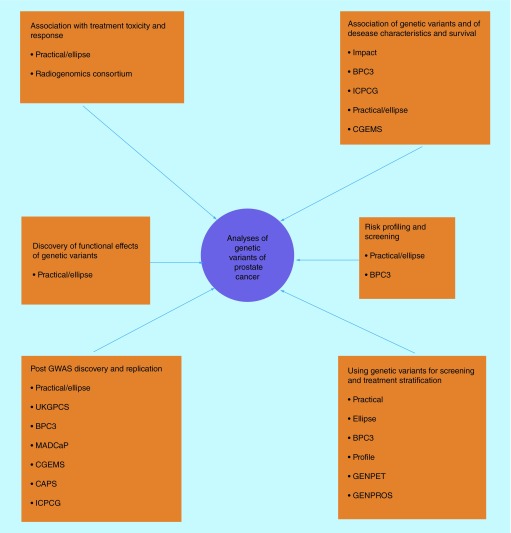Figure 2. . Showing members of the consortia who are involved with investigating the role of genetic variants of prostate cancer.
It highlights the collaborative efforts needed to answer the various scientific and clinical questions.
BPC3:Breast Prostate Cancer Cohort Consortium [139]; CAPS: Cancer in the Prostate in Sweden [140]; CGEMS: The Cancer Marker Susceptibility Projects [141]; ELLIPSE: Elucidating Loci Involved in Prostate Cancer [142]; GWAS: Genome Wide Association Studies; GENPET: An imaging study of FCH-PET-CT in men with prostate cancer and a BRCA gene mutation (Study in preparation) (Research Ethics Number: 15/20/0242); GENPROS: Analysing outcomes after prostate cancer diagnosis and treatment in carriers of rare germline mutation in cancer predisposition genes. (Study in preparation) (Research Ethics Number: 14/20/0072); ICPCG: International Consortium of Prostate Cancer Genetics [143]; IMPACT: The Identification of Men with a Genetic Predisposition to Prostate Cancer: Targeted Screening in BRCA1/BRCA2 mutation carriers and controls [144]; MADCaP: Men of African Decent and Prostate Cancer [145]; PRACTICAL: Prostate Cancer Association Group to Investigate Cancer Associated Alterations in the Genome [146]; PROFILE: Germline genetic profiling: Correlation with targeted prostate cancer screening and treatment [147].

